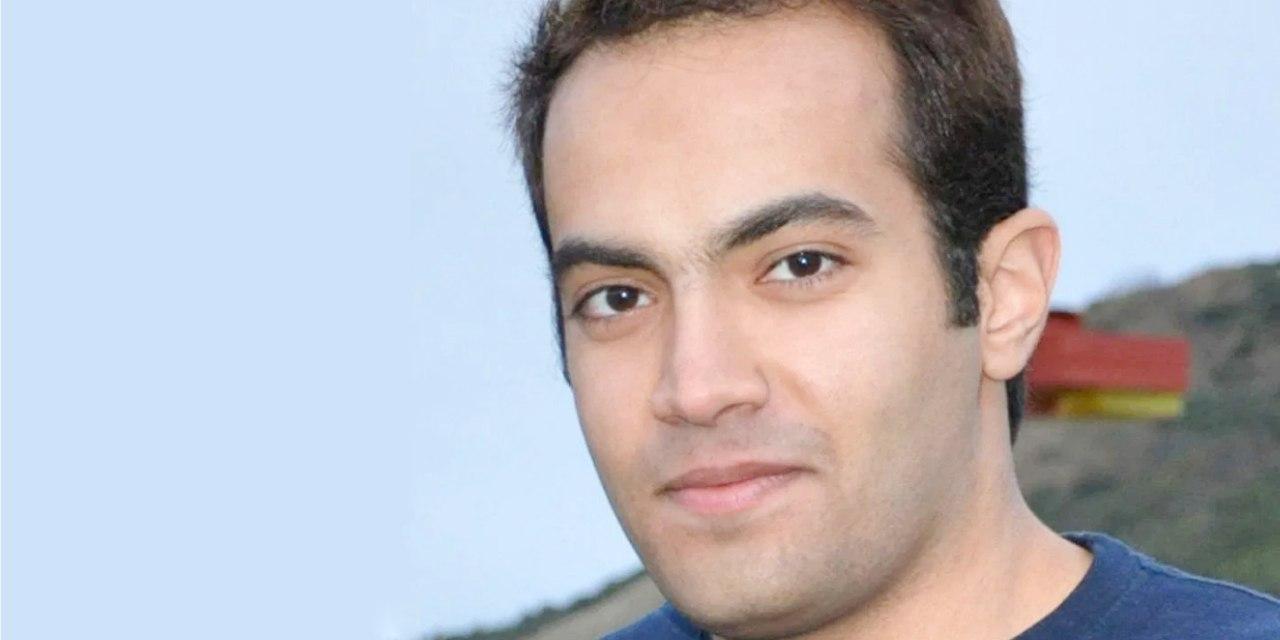
For nearly two years, the Kingdom of Saudi Arabia has been committing a crime against human dignity against Saudi national Abdul Rahman al-Sadhan, who has been forcibly disappeared since his arrest on 12 March 2018. Despite his family’s request, and complaints filed with official and international bodies, al-Sadhan remains in custody and cut off from the outside world, without any investigation of the officials who carried out his unlawful disappearance and many other violations against him.
Al-Sadhan was arrested where he worked at the Red Crescent headquarters in Riyadh by plainclothes officers most likely from the oppressive Presidency of State Security. They took his phone and car and transported him to an unknown location without presenting any arrest warrant or giving the reason for his arrest. Security officers entered his home by force after his arrest, with witnesses noting that they confiscated a laptop, phone, and other possessions.
Al-Sadhan’s family tried to learn his whereabouts. The Nafethah website, which contains the names of detainees in Mabahith general prisons, showed no trace of his arrest. Likewise, the family contacted the Ministry of Interior’s complaint center in April and May of 2018, which confirmed that they had no information on his fate or whereabouts. Finally, nearly three months after his disappearance, a clerk from the internal security department unofficially confirmed that al-Sadhan’s name was listed in the Ministry’s records and that he was under investigation, with no information about his place of detention.
In October 2018, al-Sadhan’s family received information from another detainee’s family that he was in Dhahban Prison in Jeddah and had been subjected to severe torture. In November 2018, his family filed complaints with official Saudi institutions and submitted three requests to visit, all of which were rejected. Authorities said they will not accept any requests and will inform them when permission to visit is granted. In the same month, the National Society for Human Rights—which is supposedly independent—notified al-Sadhan’s family that he had been transferred to Ha’ir political prison in Riyadh and remains under investigation and not allowed to make or receive any calls or visits.
In October 2019, a member of al-Sadhan’s family visited the Presidency of State Security to request a visit, learn the charges against him, and get permission for a lawyer to be appointed. However, the request was denied under the pretext that al-Sadhan was still under investigation. In February 2020, nearly two years after his arrest, al-Sadhan called a family member in Riyadh for the first time, after he was permitted to make a very short, one-minute phone call. He was able to reassure his family that he was still alive and in Ha’ir prison.
ESOHR emphasizes that citizen Abdul Rahman al-Sadhan’s experience violates all international and domestic laws, especially the Code of Criminal Procedure. ESOHR also notes that some of the information about al-Sadhan’s whereabouts was from unofficial sources. Likewise, the short call he made did not convey enough information about his status and location. Consequently, according to the Working Group on Enforced Disappearances, al-Sadhan remains forcibly disappeared.
ESOHR believes that the course of al-Sadhan’s disappearance and detention raises fears about the extent of the unjust abuses he has experienced in prison, including possible torture. ESOHR has previously documented the Saudi government’s approach to detainees, especially those who are forcibly disappeared and prevented from contacting the outside world for a long period.
ESOHR stresses that any trial of al-Sadhan will be unfair, due to the lack of the required pre-trial conditions for justice: he did not receive a lawyer immediately upon his arrest, he has possibly been tortured with the goal of extracting confessions during the investigation, and he has been detained for a prolonged period before appearing before a court and judge.
According to the UN General Assembly’s Declaration on the Protection of All Persons from Enforced Disappearance, al-Sadhan’s treatment is a crime against human dignity and a grave and flagrant violation of basic human rights and freedoms. The Saudi government failed to officially notify his family of his whereabouts, allow them to visit, appoint him a lawyer, and hold accountable those involved, directly and indirectly, in this crime in accordance with international laws. This is proof that confirms government collusion and further evidence of the lack of independence of the public prosecution and judiciary.
